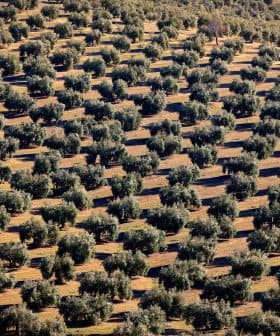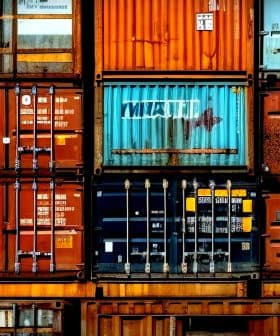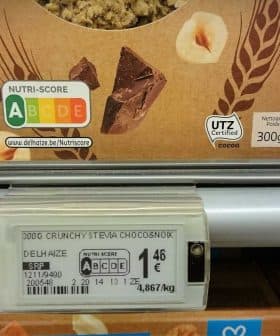Japan May Recognize Some PDO and PGI Olive Oils from European Countries

The Japanese Ministry of Agriculture, Forestry and Fisheries is considering recognizing 17 European food products with protected geographical indicators, including extra virgin olive oils, ham, cheese, seasoning, sausage, bread, and hops. The ministry will accept public comments on the issue until November, after which they will hold an expert committee to make a decision, with products with PDO or PGI certification being worth almost €75 billion annually in Europe.
The Japanese Ministry of Agriculture, Forestry and Fisheries will consider recognizing a list of 17 European food products with protected geographical indicators.
The list includes five types of extra virgin olive oils from four European Union countries, along with ham, cheese, seasoning, sausage, bread and hops.
The following olive oils with Protected Designation of Origin (PDO) or Protected Geographical Indication (PGI) status were included in the agreement:
- Huile d’olive de la vallée des Baux-de-Provence (France)
- Chania Kritis (Greece)
- Monti Iblei (Italy)
- Aceite de Mallorca (Spain)
- Montes de Toledo (Spain)
The ministry published the list earlier this month and will consider public comments on the issue until November. Once the public comment period has closed, the ministry will hold an expert committee before deciding on the issue.
Products with PDO or PGI are big business in Europe. A 2020 study from the European Commission found that products with either a PDO or PGI are worth almost €75 billion each year.
See Also:Trade NewsExtra virgin olive oils make up €277 million of that total. Currently, there are 133 extra virgin olive oils from seven countries with a registered PDO or PGI certification in the E.U.
A separate report from Italy’s Institute of Services for the Agricultural Food Market (Ismea) found that the value of Italian extra virgin olive oils with a protected indicator has steadily risen to €144 million.
The negotiations over protecting the geographical indicators come one year after the E.U. and China struck a similar deal for the latter to recognize 24 European extra virgin olive oils.
“This deal is very positive for Japanese and European farmers and will continue to be,” said European Agricultural Commissioner Janusz Wojciechowski when the deal was originally announced in February.
“These [PDO and PGI] products have real added value, reflecting authenticity and quality, while further rewarding our farmers,” he added.









